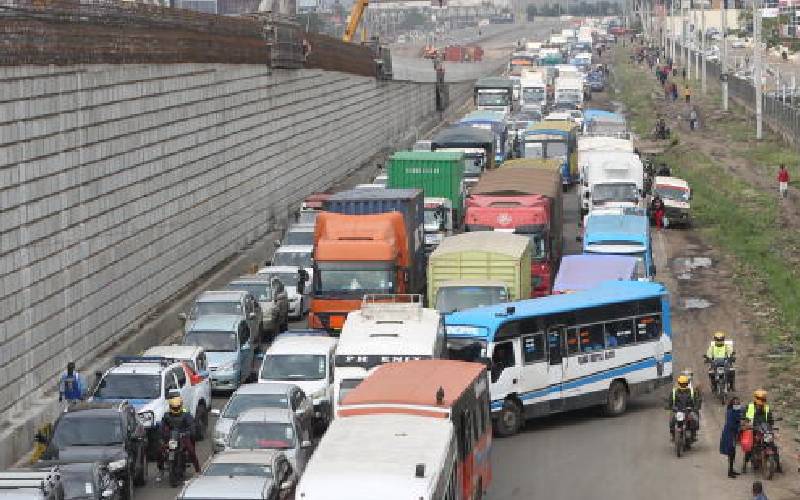×
The Standard e-Paper
Fearless, Trusted News

Drive along Mombasa Road (one of the busiest in the city) and you quickly realise that the number of private cars far much outnumber matatus.
There were times when the newest fleet of cars on the road were matatus. You only a spot a few, and far less few people take the matatu than ever before.